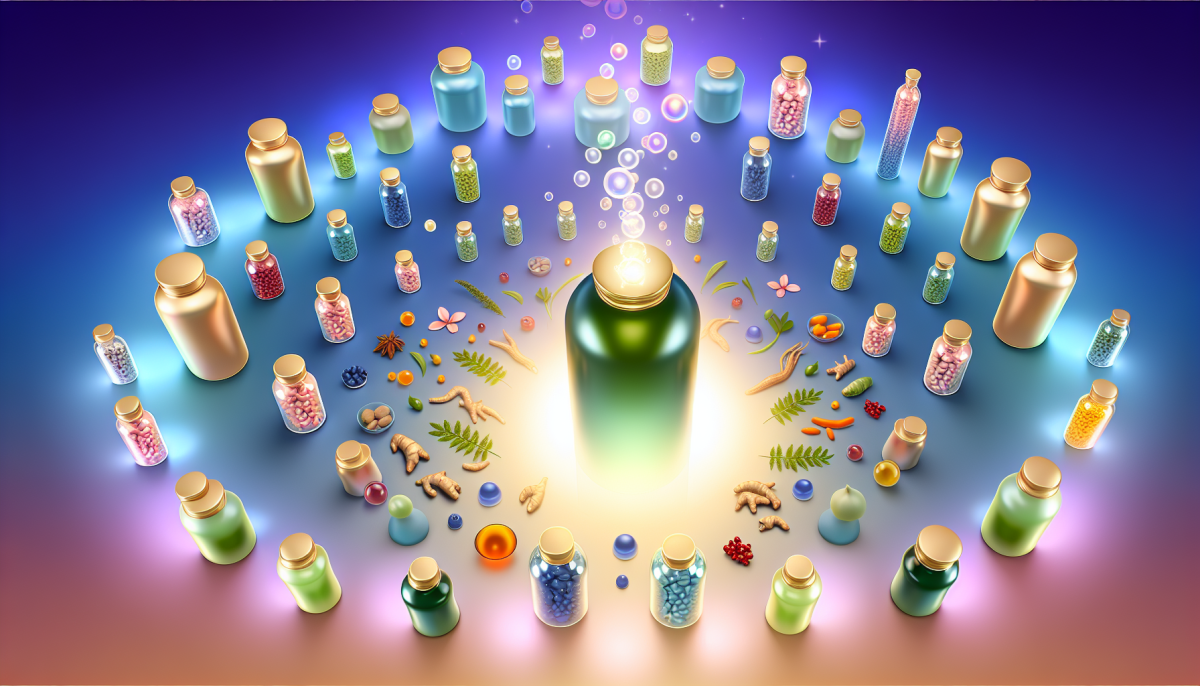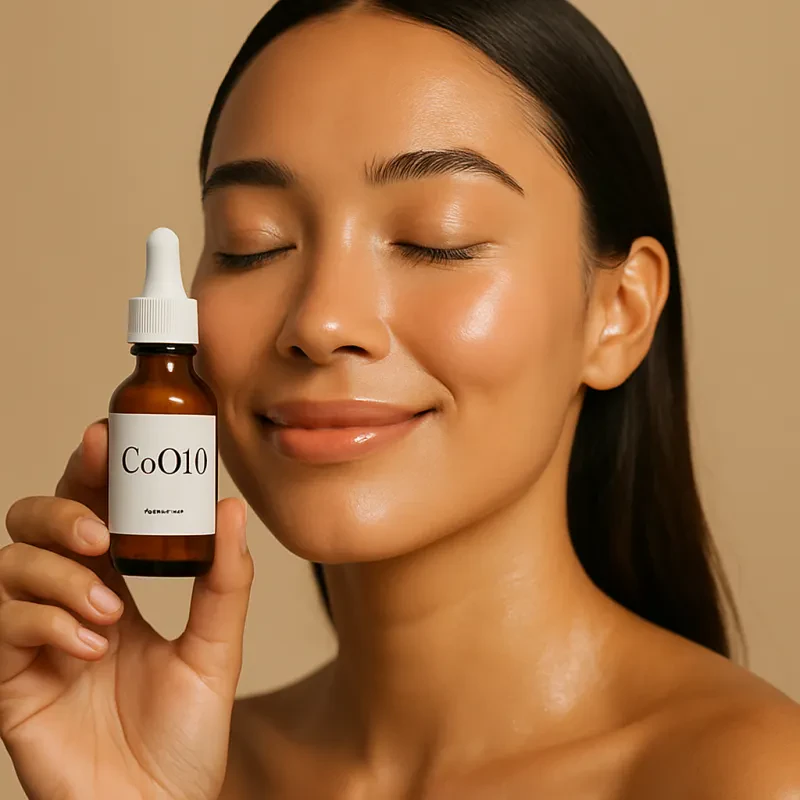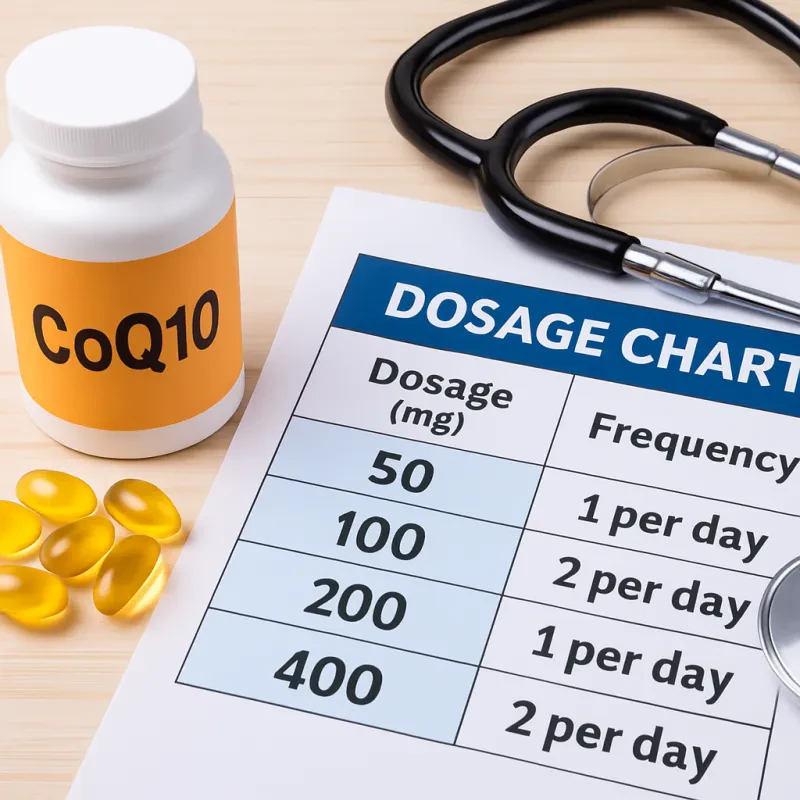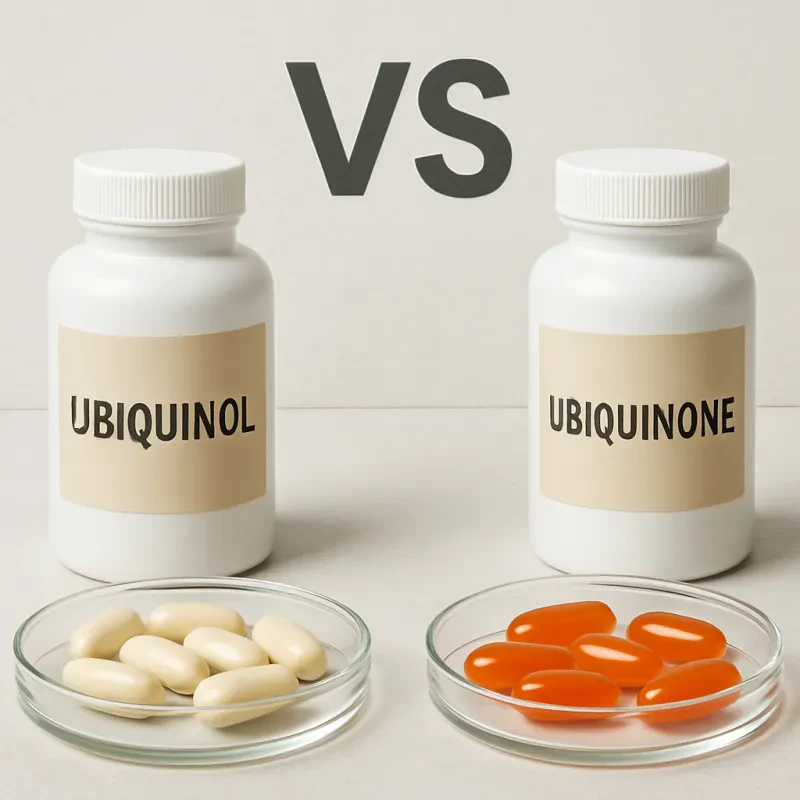In our fast-paced world, many seek to preserve their youth and vitality. Aging results in various internal and external changes, leading to signs such as wrinkles, fine lines, and decreased energy levels. However, numerous anti-aging supplements on the market claim to combat these effects and promote overall health and well-being.
Understanding aging is crucial before exploring anti-aging supplements. Aging is a natural phenomenon marked by a gradual decline in the body's optimal functioning. This decline is due to factors like genetic predisposition, environmental influences, and lifestyle choices.
Key Factors Contributing to Aging
Oxidative Stress
Oxidative stress is a major contributor to the aging process. It occurs when there is an imbalance between free radicals and antioxidants in the body. Free radicals are unstable molecules that can cause damage to cells and DNA, leading to accelerated aging and increased risk of chronic diseases.
Inflammation
Chronic inflammation is another key factor that accelerates aging. It is the body's response to harmful stimuli, such as pathogens, toxins, or injuries. Prolonged inflammation can wreak havoc on the body, leading to tissue damage, organ dysfunction, and the onset of age-related diseases.
Telomere Shortening
Telomeres are protective caps at the end of chromosomes that help maintain genomic stability. However, with each cell division, telomeres shorten, eventually leading to cellular senescence and aging. Preventing telomere shortening is crucial for maintaining youthful vitality and longevity.
Top Anti-Aging Supplements
1. Resveratrol
Resveratrol is a powerful antioxidant found in red wine, grapes, and certain berries. It has been shown to activate longevity genes, such as SIRT1, which helps promote cellular repair and delay the aging process. Additionally, resveratrol has anti-inflammatory properties that can mitigate age-related inflammation and oxidative stress.
2. Coenzyme Q10 (CoQ10)
Coenzyme Q10 is a naturally occurring compound that plays a vital role in cellular energy production. As we age, our levels of CoQ10 decline, leading to decreased energy levels and increased susceptibility to oxidative damage. Supplementation with CoQ10 can help replenish depleted levels and support overall health and vitality.
3. Collagen
Collagen is the most abundant protein in the body and is essential for maintaining skin elasticity and hydration. As we age, our natural collagen production declines, leading to the formation of wrinkles and sagging skin. Supplementing with collagen peptides can help replenish lost collagen and improve skin texture and appearance.
4. Omega-3 Fatty Acids
Omega-3 fatty acids are essential fats that play a crucial role in brain function, heart health, and inflammation regulation. They have been shown to possess anti-aging properties, such as reducing inflammation, supporting cognitive function, and promoting cardiovascular health. Incorporating omega-3-rich foods, such as fatty fish, flaxseeds, and walnuts, into your diet can help combat the effects of aging.
5. Nicotinamide riboside and nicotinamide mononucleotide
Nicotinamide riboside (NR) and nicotinamide mononucleotide (NMN) are substances that help create nicotinamide adenine dinucleotide (NAD+), a compound crucial for many bodily processes such as energy metabolism, DNA repair, and gene expression. As we age, our NAD+ levels decrease, which can lead to accelerated aging and diseases like Alzheimer’s. Research indicates that NR and NMN may restore NAD+ levels and reverse signs of cellular aging.
In a 21-day study involving 12 elderly men, daily supplementation with 1g of NR boosted NAD+ levels in their muscles and reduced inflammatory proteins. However, these results may be influenced by a conflict of interest.
Another study conducted over 30 days on mice and a small group of people aged 45 to 60 found that NMN supplements significantly increased telomere length, a crucial factor in aging. Despite these encouraging findings, more research on NR and NMN in humans is still needed.
6. Crocin
Crocin, a yellow pigment found in the expensive and widely used spice saffron, exhibits various health benefits as per human and animal studies. It has anti-inflammatory, anticancer, antidiabetic, anti-anxiety, and antidepressant properties and might also protect against cognitive decline related to aging.
Research carried out in test tubes and on rodents indicates that crocin can prevent nerve damage related to aging by blocking the production of advanced glycation end products (AGEs) and reactive oxygen species (ROS), both of which contribute to aging.
Furthermore, studies have revealed that crocin can help prevent aging in human skin cells by reducing inflammation and shielding against cellular damage caused by UV light.
Given the high cost of saffron, it might be more economical to consume a concentrated saffron supplement.
7. Vitamin C
Vitamin C serves as a robust antioxidant in your body, shielding cells from oxidative harm. It's involved in immune function, inflammation control, and other vital processes linked to healthy aging.
Therefore, maintaining an appropriate intake of this vitamin is crucial for supporting health and guarding against age-related issues.
In a study involving 80 adults, those with higher concentrations of vitamin C in their blood outperformed others in tasks requiring attention, focus, memory, decision-making, recall, and recognition.
Additionally, vitamin C is fundamental for skin health. When supplemented, it may enhance skin hydration, boost collagen production, and defend against wrinkle formation and premature aging caused by sun exposure.
Moreover, some research suggests that vitamin C supplementation boosts immune function in the elderly.
Given that older adults are more likely to have suboptimal or deficient vitamin C levels compared to younger adults, they might consider taking supplements, especially if their diet lacks vitamin C-rich foods like fruits and vegetables.
You'll also want to check out our other Cell Regeneration & Longevity articles below:
- Maximize Energy and Slow Aging with NAD+
- Unlocking the Power of NAD+
- When to Take NAD+ Supplements for Best Results
- NAD+ Energy: Nature's Fuel for Your Body
- Enhance Your Mind with NAD+ Supplements
- Comprehensive Guide to Anti-Aging Supplements
Additional Supplements for Healthy Aging
These additional supplements may also assist in promoting healthy aging, but it's worth noting that they require more human-based research.
8. Vitamin E
Vitamin E, a crucial and beneficial nutrient, plays a pivotal role in bolstering immune function and effectively managing inflammation in the body. Its importance cannot be underestimated, particularly with regard to the maintenance of good health. Interestingly, it has been suggested through various studies and health literature that the requirement of this essential vitamin may vary across different age groups. Specifically, older adults, who are in their advancing years, may require a higher intake of Vitamin E compared to younger individuals. This increased need is primarily to sustain their health and vitality during the natural aging process, which may bring about various age-related health concerns.
9. Theanine
L-Theanine, a naturally occurring amino acid that is most commonly found in a variety of teas, specifically green tea, possesses potential health benefits that have been the focus of numerous scientific studies. According to some of this research, L-theanine has been found to have a positive impact on brain function, particularly in middle-aged adults. The studies suggest that it may enhance cognitive abilities and promote overall mental well-being. In addition to its potential effects on brain health, L-Theanine may also offer protective benefits against liver dysfunction. Furthermore, it has been associated with a reduction in oxidative stress and inflammation, which are factors in a variety of chronic health conditions. This plethora of potential health benefits makes L-Theanine a subject of interest for ongoing research.
10. Rhodiola
Rhodiola is a medicinal plant known for its potent anti-inflammatory properties. According to studies conducted on animals, this plant may have the potential to support longevity. However, to confirm this possibility, further research involving human subjects is absolutely necessary.
11. Astragalus
Astragalus is a herb that has been used in traditional Chinese medicine for centuries. It is particularly known for its effectiveness in reducing stress. The herb may also combat aging in various ways including reducing oxidative stress, enhancing immune function, preventing damage to cells, and activating an enzyme that maintains the length of telomeres, which are crucial to healthy aging.
12. Fisetin
Fisetin is a flavonoid compound that is categorized as senotherapeutic, which means it may have the ability to eliminate senescent cells. These cells are associated with aging, and studies conducted on rodents suggest that Fisetin may reduce the number of these cells in tissues. It may also extend lifespan and guard against brain aging. However, more research is needed in this field.
13. Resveratrol
Resveratrol is a polyphenol antioxidant that is found in several food sources such as grapes, berries, peanuts, and red wine. It may support longevity by activating certain enzymes known as sirtuins. Animal studies suggest this compound may increase lifespan, but more research in humans is required to confirm these findings.
14. Sulforaphane
Sulforaphane is a sulfur compound that is found in cruciferous vegetables like broccoli. It is known for its powerful anti-inflammatory properties which may contribute to a healthier, longer life by reducing the inflammation that can lead to chronic diseases.
Conclusion
As we all know, aging is an inevitable part of life. However, there are several things that we can do to slow down the process and maintain a youthful appearance and vitality for as long as possible. One of the effective methods is incorporating anti-aging supplements into our daily routine. Resveratrol, CoQ10, collagen, and omega-3 fatty acids are some of the supplements that can support our body's natural defenses against oxidative stress, inflammation, and cellular aging. By using these supplements regularly, we can provide our bodies with the necessary resources to combat aging effectively.
However, it is crucial to remember that before starting any new supplement regimen, it is important to seek advice from a healthcare professional. They can provide guidance on the safe and effective use of these supplements, ensuring that they are appropriate for your personal health circumstances and align with your overall wellness goals. By following these steps, we can all approach aging in a healthier and more controlled manner.



